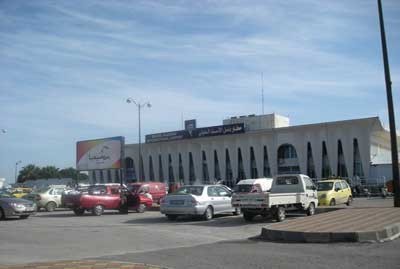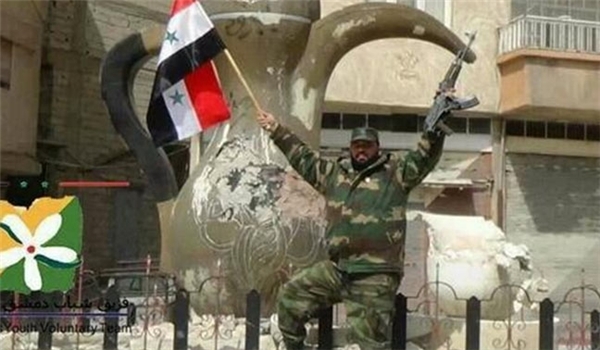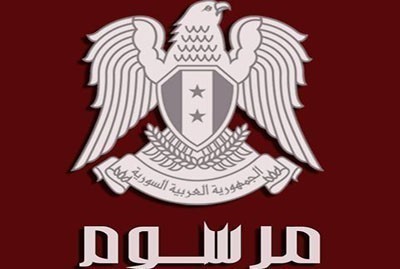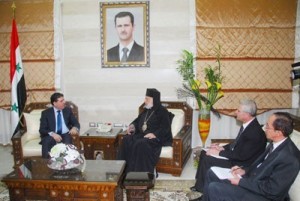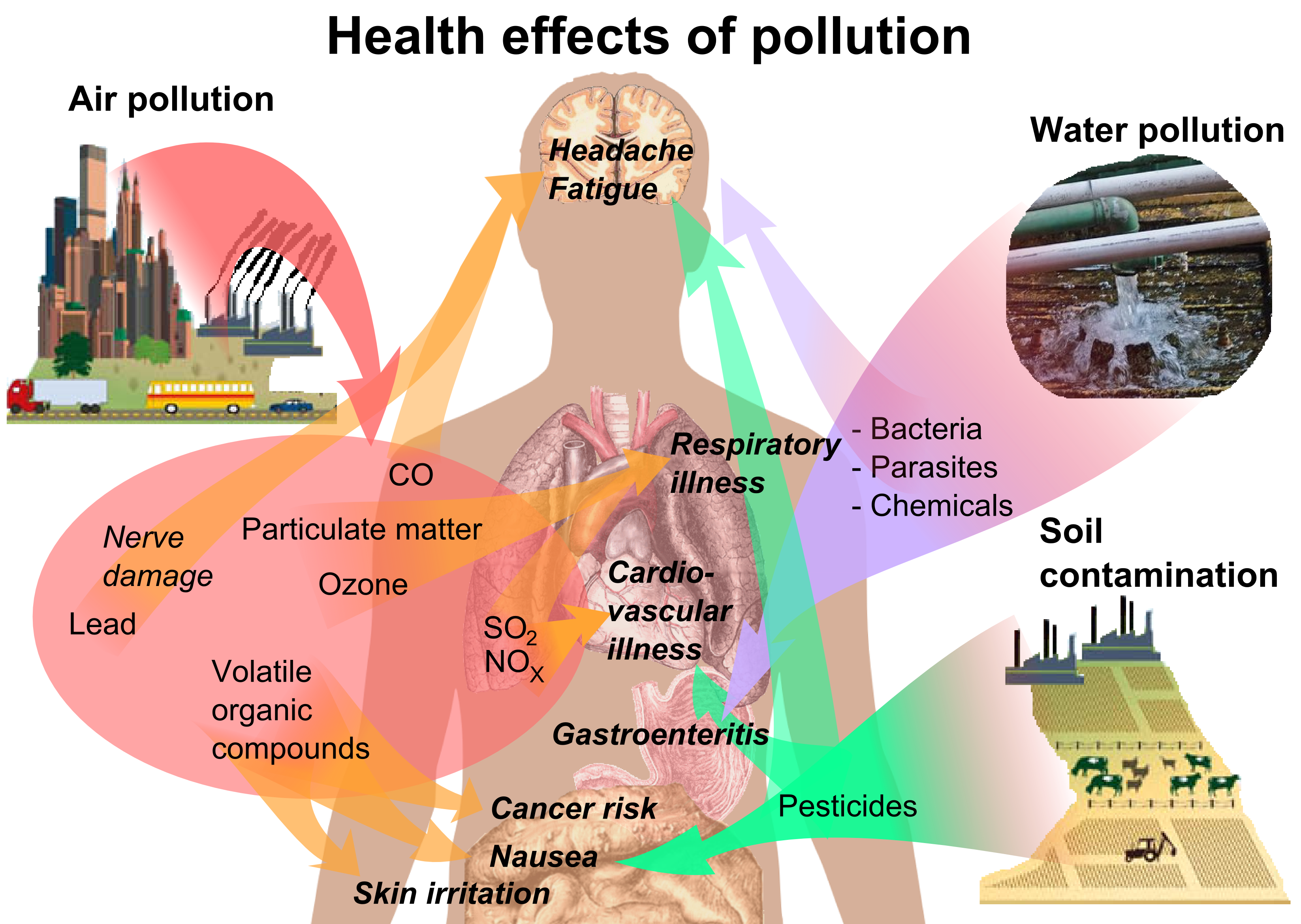Yabroud victory, the end of the Qalamoun mini-state
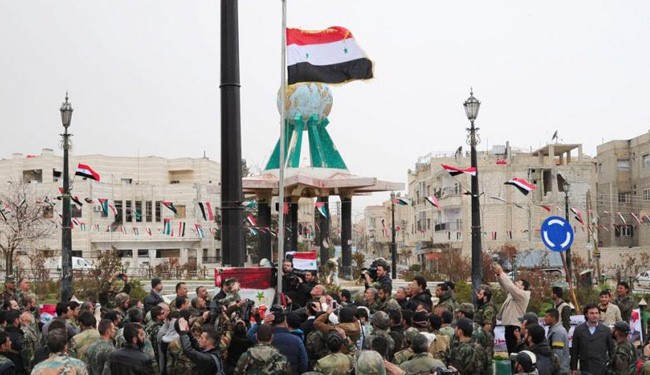
 The outcome of the war in Qalamoun has now been settled. Though not all battles there have been won, the capture of Yabroud by the Syrian army and Hezbollah on Sunday has dealt a fatal blow to the project for a Qalamoun mini-state.
The outcome of the war in Qalamoun has now been settled. Though not all battles there have been won, the capture of Yabroud by the Syrian army and Hezbollah on Sunday has dealt a fatal blow to the project for a Qalamoun mini-state.
In terms of geography, the Qalamoun region acts as a link between Damascus and Homs. Qalamoun is also Syria’s foremost gateway to Lebanon. Simultaneously, the Qalamoun mountain range opens up to the boundless Badia, the desert bordering Hama, Aleppo, Raqqa, and Deir al-Zour in the north, Iraq in the east, and the Damascus countryside in the south.
The Syrian opposition’s plan was to extend its control over the Qalamoun Mountains, including both the area east of the Damascus-Homs highway, from northern Dmeir in the Damascus countryside to the southern Homs countryside, and the area west of the highway, from northern Zabadani in the Damascus countryside to south of Qusayr in the Homs countryside.
The opposition envisioned establishing a mini-state in the form of a horizontal bar extending from Lebanon to Iraq, dividing Syria into two parts: Damascus and south Syria; and Homs and northern/western Syria. Practically, this would have led to Syria falling to the opposition without much trouble. Compared to the effort to control Qalamoun, operations that were previously touted to separate Damascus from Homs, and the Syrian coast from the capital, would have then been a fait accompli.
But does the end of the battle of Yabroud mean that no more car bombs will be detonated in Lebanon?
But the Syrian army and its allies stood their ground in the Ghouta region of Damascus’s countryside, the agricultural belt surrounding the capital, before the decisive battle in Qusayr. The opposition’s plot and the project for the Qalamoun mini-state began to reel, until it was dealt a deadly blow in Yabroud on Sunday. This, according to field commanders, will lead to “positive aftershocks” throughout the Homs and Damascus regions in the coming months.
But Yabroud and Qalamoun border another area: Lebanon. The first consignments of weapons and fighters sent to the Damascus countryside had come via Lebanon through Qalamoun. The first batch of weapons and fighters to arrive in Homs had crossed Qusayr and Tal Kalakh, coming from the Bekaa and Wadi Khaled.
But this is only a small part of the story. The success of the mini-state project would have forced the Lebanese to coexist with an emirate stretching from the borders of Akkar in the north to the borders of the Shebaa Farms in the south, under the control of al-Qaeda-linked al-Nusra Front, the most formidable faction operating in Qalamoun. Al-Nusra Front is rivaled only by the Islamic State in Iraq and the Levant (ISIL) and the Islamic Front – which has been engaging in dreadful one-upmanship with al-Nusra Front both in its sectarian conduct and discourse.
The top exports of that emirate to Lebanon were car bombs, the vast majority of which came from Yabroud, prepared by al-Nusra Front, ISIL, and the Abdullah Azzam Brigades. But does the end of the battle of Yabroud mean that no more car bombs will be detonated in Lebanon?
No doubt, according to Lebanese security officials, the battle of Yabroud , the dismantling of several terrorist networks in Lebanon, and the security measures enforced in the eastern wilderness regions near Baalbek and Hermel have all helped reduce the ability of terrorist groups to carry out attacks in Lebanon. However, the suicide bombing in Nabi Othman on Sunday proves that the threat remains and will not go away soon.
True, the outcome of the war in Qalamoun has been settled, but battles are ongoing. Rankous, Assal al-Ward, Flita, Ras al-Maara, and Ras al-Ayn in Qalamoun will all see battles or ceasefires in the coming period. Many expect the fighting in Rankous to be very fierce, but that the battles to come will only serve to further weaken the armed opposition.
As a result, the strongholds these factions used to plan and stage attacks in Lebanon will shrink more and more. This will force terrorist groups to find areas inside Lebanon that they can use to prepare car bombs, which would change the nature of their battle with Lebanese law enforcement agencies.
What happened in Yabroud on Sunday brought shellshocks for the opposition. A near complete silence prevailed in the ranks of the opposition and its supporters. Only the spokesman for al-Nusra Front in Qalamoun, Abdullah Azzam al-Shami, broke the silence, blaming “traitors” for the defeat, as well as the Syrian army’s firepower and Hezbollah’s capabilities.
Meanwhile, an opposition source told Al-Akhbar that the opposition groupings based abroad convened a meeting in Istanbul on Sunday, to discuss the outcome of the battle of Yabroud. The meeting was stormy, according to the source, marked by harsh self-criticism, focusing on the dispersion of the fighters, but also the blurry military vision of their political leadership, which distracted the fighters on the ground.
What may be deduced from the chatter coming from the opposition is that they are now convinced that Damascus’s walls are becoming more and more unassailable.
